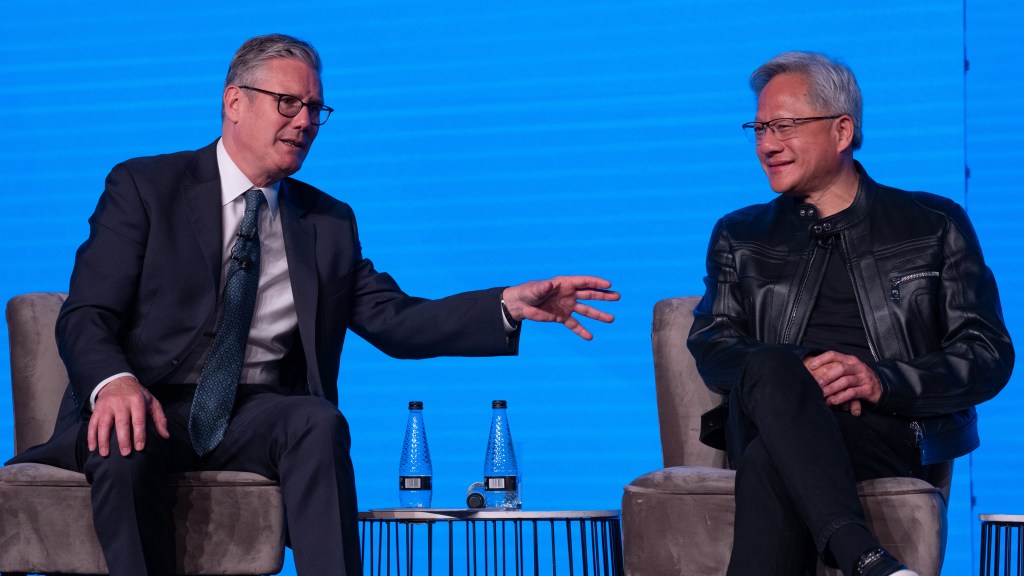Concerns Rise as UK Tech Firms Attract Major US Acquisitions
Three UK-based technology companies are set to be acquired by American firms for over £6 billion, prompting heightened worries about the UK’s capacity to retain and expand its innovative enterprises amidst a climate of “bid fever”.
The acquisitions comprise Spectris, the nation’s foremost publicly traded industrial technology firm receiving a £3.7 billion bid from US private equity giant Advent International, and the chip designer Alphawave IP Group, which has endorsed a £1.8 billion buyout proposal from California’s Qualcomm.
Additionally, Oxford Ionics, a quantum computing startup established by two PhD graduates from Oxford University, has reached an agreement to be sold to Ion Q, a larger American corporation, for approximately $1 billion.
This recent surge in acquisitions follows fresh anxieties regarding the robustness of London’s capital markets, particularly after fintech leader Wise revealed surprising intentions to relocate its primary listing to New York.
The acquisitions were announced on the same day that London Tech Week commenced, featuring an opening address by Sir Keir Starmer alongside Jensen Huang, CEO of the Silicon Valley powerhouse Nvidia.
The competitiveness of Europe’s technology landscape emerged as a significant topic during the event, highlighted by remarks from Markus Villig, CEO of the ride-hailing service Bolt, who noted, “Europe has historically struggled not just with initial public offerings but also with retaining them here.”

Villig pointed to liquidity issues as a key factor, stating that many European startups predominantly secure funding from investors in the US. Despite the challenges, he expressed optimism, stating that he remains open to London as a potential site for Bolt’s future public offering, and believes “Europe will reach its goals.”
Hermann Hauser, founder of Arm and a prominent venture capitalist, emphasized the vulnerability of the UK tech sector, stating, “Our challenge isn’t the lack of startups; it’s the difficulty in scaling them up.”

However, Hauser, who has invested in Oxford Ionics and serves on the board of the European Innovation Council fund, regarded the confirmed sale to Ion Q as a “favorable outcome,” asserting that “a significant portion of the investments will stay within the UK.”
In a note titled “UK for Sale,” Charles Hall, head of research at Peel Hunt investment bank, remarked, “UK companies appear more appealing to potential buyers than to investors themselves. This trend stems from a continual capital outflow from domestic markets. For the UK equity market to thrive, we must urgently rethink our approach to ensure British companies receive backing from UK capital.”
Efforts to enhance the attractiveness of the City to global investors have been underway, with successive governments and leaders from the London Stock Exchange and Financial Conduct Authority implementing reforms. These initiatives include relaxing listing regulations and motivating pension funds to invest in UK enterprises.
According to Peel Hunt, there have been 30 bids made for UK companies with market caps exceeding £100 million this year, totaling approximately £25 billion, with Spectris and Alphawave representing the most substantial acquisitions.
Hall noted the average acquisition premium stands at 43 percent, highlighting the significant undervaluation in the UK market.




Post Comment